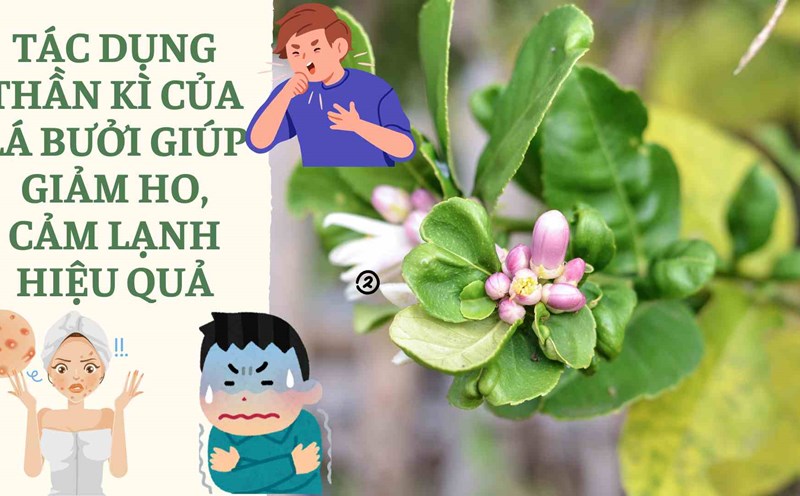Cough is a natural reaction of the body to remove mucus or foreign objects in the respiratory tract. However, when the cough is prolonged and foaming, especially during the changing seasons or cold, many people choose herbs instead of taking Western medicine to limit side effects.
According to Medical News Today, some herbs such as licorice, ginger, basil and dilapia have the effect of soothing the throat, slow down and effectively reducing coughs. Ginger contains gingerol, which helps fight inflammation and bacteria, while licorice has the ability to dilute mucus, making it easier to expel phlegm.
Lemon - an easy-to-find leaf in the garden - contains carvacrol and thymol, active ingredients that help inhibit respiratory bacteria. Bay note (veettel leaves) are often eaten in liquid or stewed, helping to reduce mucus secretion and warm the lungs. These herbs can be used alone or in combination with folk remedies or modern herbal cough treatment products.
A popular way of use is to steam water to drink or steam the respiratory tract. In addition, herbal syrup extracted from these ingredients has now been researched and produced in a convenient form, suitable for children. However, you should not take it for more than 7 consecutive days if the cough does not improve, and need to see a doctor for accurate diagnosis.
Using herbs properly, combining rest, drinking enough water and avoiding exposure to dusty, cold smoke is an effective natural method in treating whooping cough.










